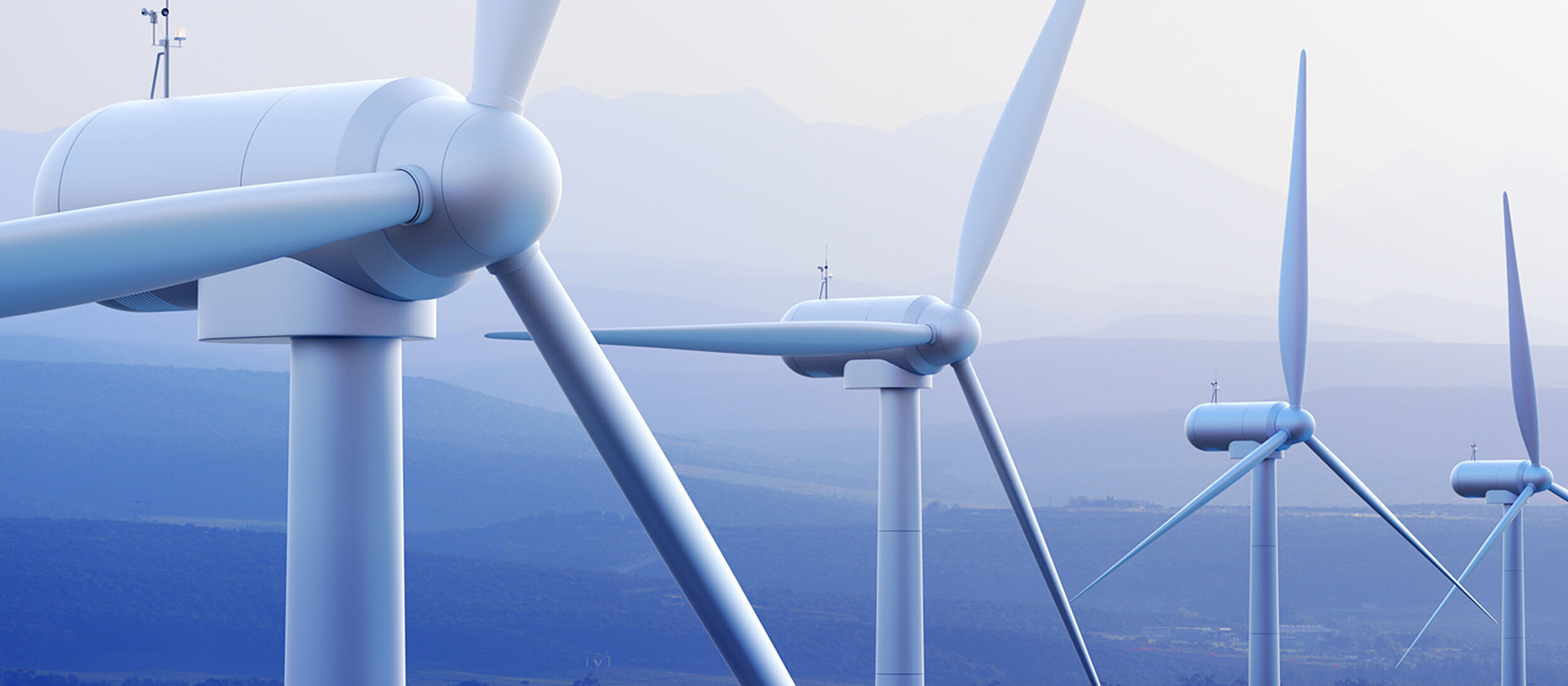New provisions to facilitate investments in renewable energy systems
By amending Sec. 26 of the German Investment Tax Act [Investmentsteuergesetz – InvStG], the German legislator is looking to improve the ways in which special investment funds can invest in renewable energy systems and e-charging stations.
Background – liability for trade tax and loss of special investment fund status
Originally, qualifying as a special investment fund pursuant to Sec. 26 Sentence 1 InvStG (old version) had required that the investment fund was exempted from trade tax. An investment fund is not exempt from trade tax pursuant to Sec. 15 InvStG if, amongst others, the investment fund generates income from actively managed assets [Einnahmen aus einer aktiven unternehmischen Bewirtschaftung] making up more than 5% of the investment fund’s worldwide income. Income from the generation or delivery of electricity also qualifies as income from actively managed assets. Once the investment fund has reached the 5% threshold, this results in a liability for trade tax for the relevant income. Pursuant to Sec. 26 Sentence 1 InvStG (old version), this also meant that the investment fund in question could lose its status as a special investment fund entailing, amongst others, the realization of hidden reserves at fund level and investor level.
Provisions by legislator facilitating investments in renewable energies
With the 2022 Annual Tax Act [Jahressteuergesetz 2022 – JStG 2022] (Federal Law Gazette 2022-I, p. 2294), the German legislator amended the old Sec. 26 Sentence 1 InvStG (old version) and introduced a new Sec. 26 No. 7a InvStG providing that income from the generation of energy or from e-charging stations as a general rule is declared to be permissible if such income relates to a lease activity and makes up less than 10% of the investment fund’s total income. For the time being, then, the old debate over whether actively managed assets below the 5% threshold constitute a violation of Sec. 26 InvStG (old version) and thus potentially may result in a loss of the special investment fund’s status has become obsolete. Furthermore, the limit beyond which a loss of special investment fund status occurs, as far as only income from renewable energies or e-charging stations is concerned, has been raised from the existing level of 5% to 10%.
Conclusion
The changes in legislation will make it easier for special investment funds to invest in renewable energy systems since the consequences of exceeding the 5% threshold are less serious, at least up to the 10% threshold. But there are still downsides, e.g. the (partial) liability to trade tax where the income has reached the 5% threshold. Moreover, the amendment has also raised new questions, such as whether the exemption provisions for income from actively managed assets will still apply to real estate companies also in the case of Sec. 26 No. 7a InvStG. In this context, it is very doubtful in my view whether the German legislator will actually succeed in increasing the willingness of real estate special investment funds to invest in renewable energies. In my view that will require much more significant changes in legislation.

Subscribe to our GvW Newsletter here - and we will keep you informed about the latest legal developments!




